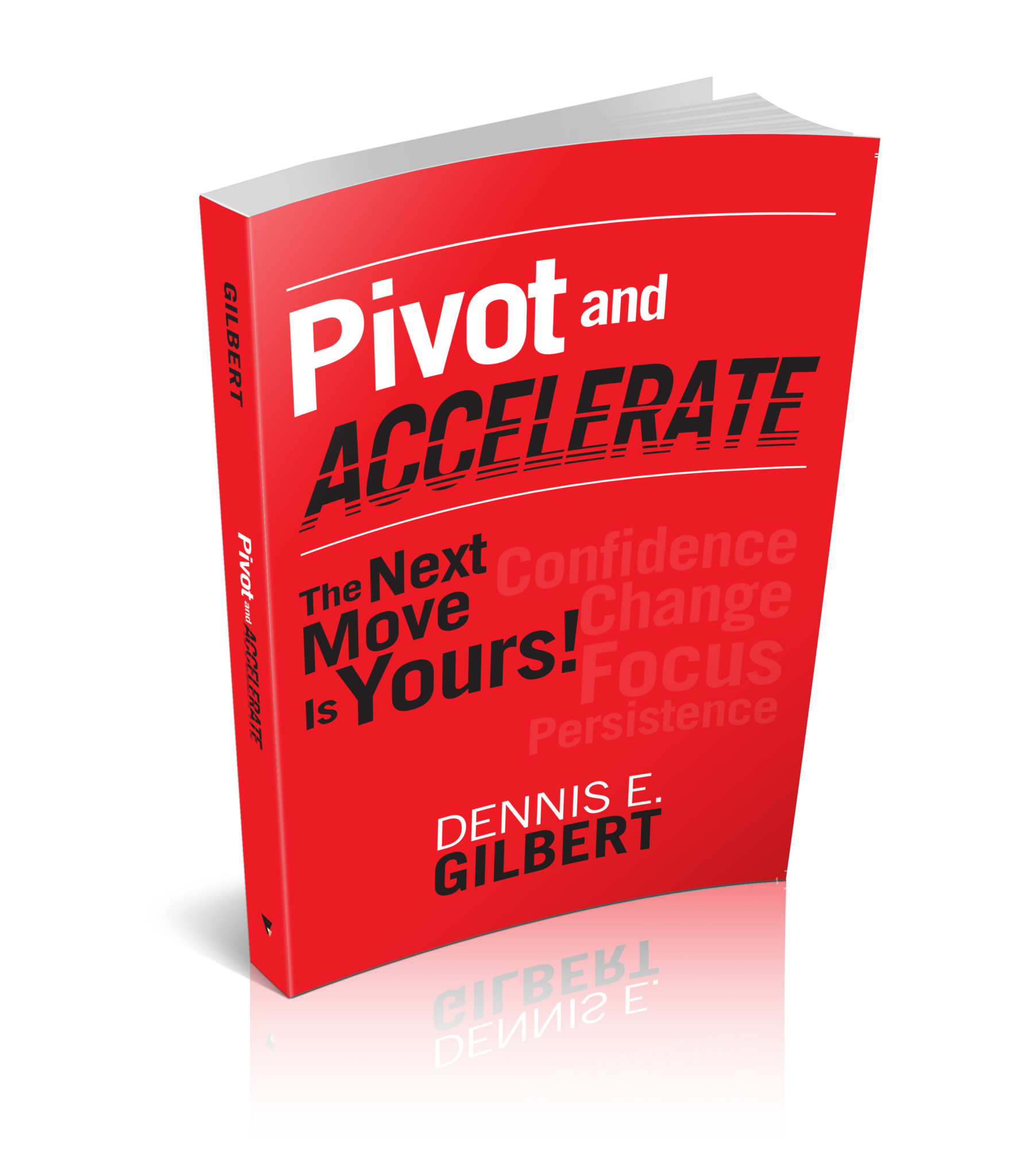
Focus Forward Because You Guide What’s Next
Are you uncertain about what happens next? Your best choice is to focus forward.
Often people or entire groups are hesitant to make a change or perhaps they’re anxious about keeping things the same. Most of our human nature links us to favoring consistency. Many people find comfort in things that are consistent and unchanged.
What happens when you don’t know what happens next?
Next is Scary
Usually, you strive to find the answer, you analyze or over-analyze the possible outcomes. It may be easier to place emphasis on your fears instead of on the possibility of something better emerging.
To put it all another way, there is comfort in knowing for certain what the playing field looks like next. What the rules will be, and how you can interact to survive and thrive.
It happens when you get a new boss. It happens when you get a promotion or move to a different employer. When the company changes ownership, merges, or gets acquired by another.
Perhaps not surprising it even happens when there is only a threat of these changes.
In the presence of such a threat, there often becomes the unknown about what will happen if things don’t change? Will they remain the same, get better, or perhaps all of the rules will change since the threat was a close call?
What should you do?
Focus Forward
When you focus forward, you’ll rely on your core values. You’ll put your best efforts behind your belief systems and use your knowledge and experiences to make good choices about what happens next.
The vision should be forward focused, not dwelling on where you’ve been but on what you’ll need to do in the future.
When you focus on the possibility, and not the opposite, everything changes. With an optimistic focus, your actions and behaviors will solidify your future direction.
No one said what’s next will be easy. Even if things seem like they will stay the same.
It’s doing the hard work that makes a difference.
You’ll create the best version of what’s next when you show up prepared to do so.
-DEG
Dennis E. Gilbert is a business consultant, speaker (CSPTM), and corporate trainer. He is a five-time author and the founder of Appreciative Strategies, LLC. His business focuses on positive human performance improvement solutions through Appreciative Strategies®. Reach him through his website at Dennis-Gilbert.com or by calling +1 646.546.5553.














